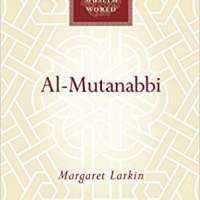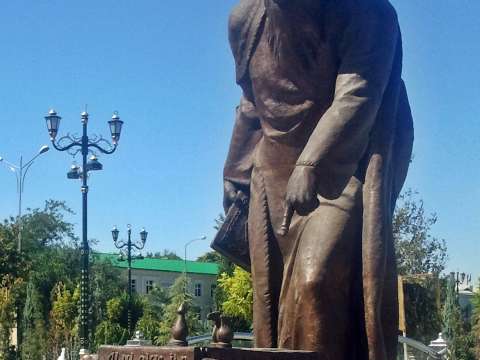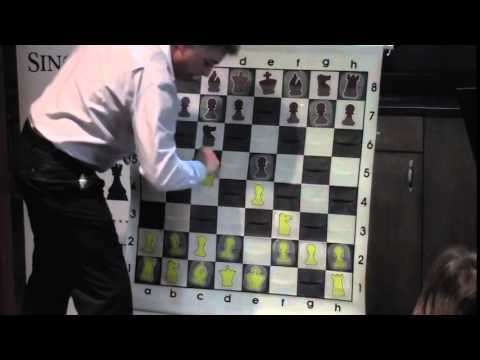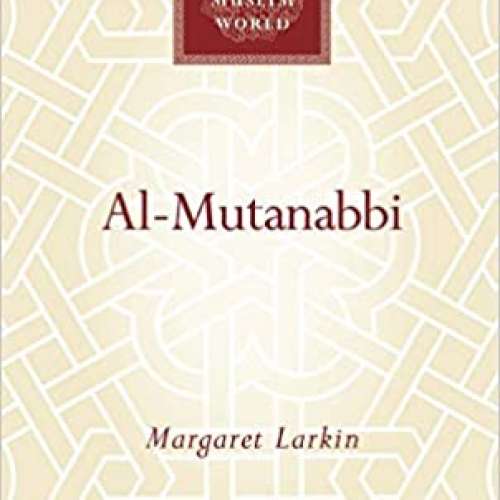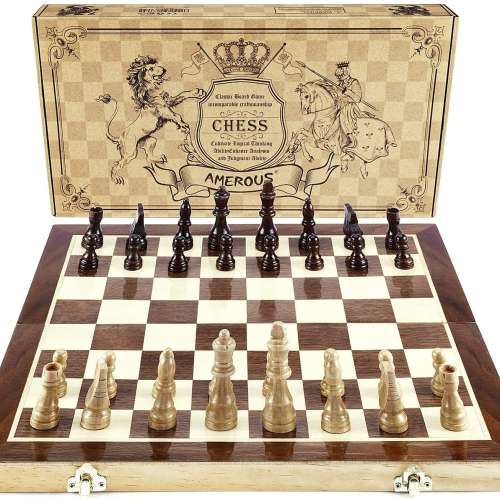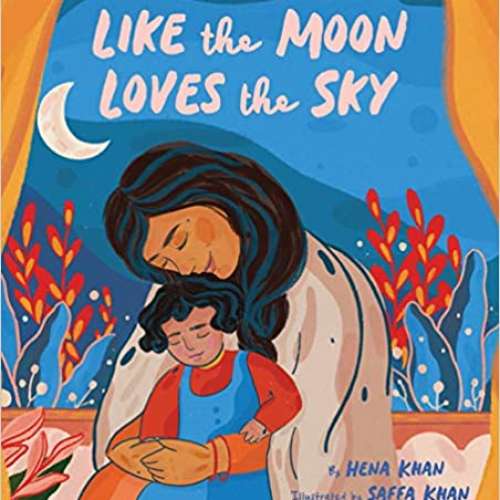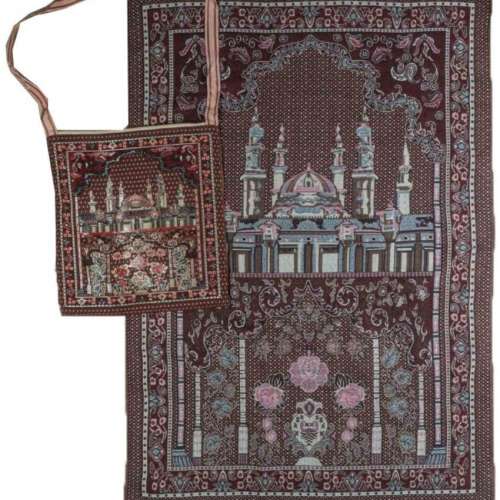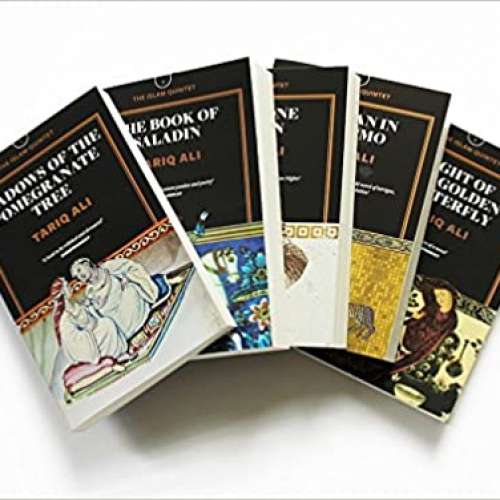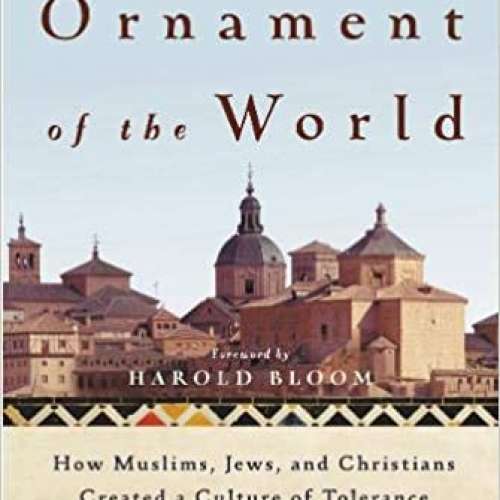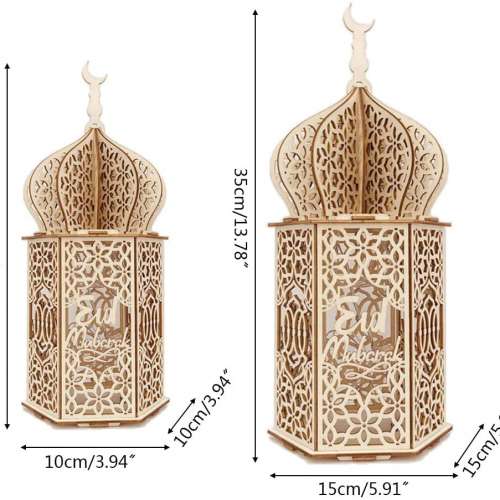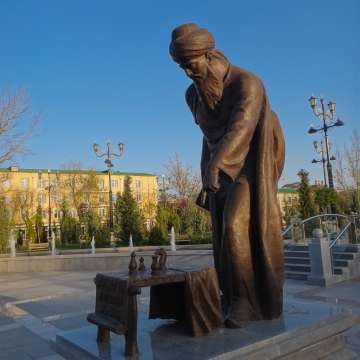

Abu Bakr bin Yahya al-Suli (0870-0941)
Abu Bakr Muhammad ibn Yahya ibn al-‘Abbas al-Suli was a Turkic scholar and a court companion of three Abbasid caliphs: al-Muktafi, his successor al-Muqtadir, and later, al-Radi, whom he also tutored. He was a bibliophile, a brilliant man of letters, editor-poet, chronicler, and chess champion of proverbial talent. His contemporary biographer Ishaq al-Nadīm tells us he was “of manly bearing.” He wrote many books, the most famous of which are Kitab Al-Awraq and Kitab al-Shitranj. He is remembered today as a legendary player of shatranj, a game ancestral to chess.
Life
Abu Bakr al-Suli was born into an illustrious family of Turkic origin, his great-grandfather was the Turkic prince Sul-takin and his uncle was the poet Ibrahim ibn al-'Abbas as-Suli. Al-Marzubani, a principal pupil of al-Suli, who admired him and copied him in the art of compilation, borrowed much of al-Suli's material for his Kitab al-Muwashshaḥ. Abu al-Faraj al-Isbahani made extensive use of his material in his Kitab al-Aghani. On Caliph al-Radi's death in 940, al-Suli fell into disfavour with the new ruler due to his Shi'a sympathies and he died hiding at al-Basrah, for having quoted a passage about ‘Ali , which caused a public scandal.
Chess
Al-Suli was among a group of tenth-century chess players who wrote books about the game of shatranj, i.e. “chess”.
Al-Suli's books were:
- Kitab al-Shitranj al-Nisha al-Awala ‘Chess, the first manuscript’
- Kitab al-Shitranj al-Nisha ath-Thania Chess, the second manuscript; Book on chess strategy, common chess openings, standard problems in middle game, annotated end games and the first known description of the knight's tour problem.
Sometime between 902 and 908 al-Suli played and beat the reigning shatranj champion, al-Mawardi, at the court of Caliph al-Muktafi, and the Caliph of Baghdad. Al-Mawardi's loss of royal favour was al-Suli's gain. When al-Muktafī's died, al-Suli retained the favour of the succeeding rulers, Caliph al-Muqtadir and in turn Caliph al-Radi. His biographer Ibn Khallikan, d. 1282, relates that even in his lifetime the phrase "to play like al-Suli" was to show great skill at shatranj. His endgame strategies are still studied. Contemporary biographer mention his skill in blindfold chess. Al-Suli also taught shaṭranj. Many later European writers based their work on modern chess on al-Suli's work.
Other Chess players/authors in the Group
- Al-‘Adli wrote:
– Kitab al-Shiṭranj ‘Chess’, the first book on chess, and; – Al-Nard, wa Isbabha wa-al-La’ab biha. 'Al-Nard Its Elements and Play'.
- Al-Razi was a chess rival of al-‘Adli and the caliph Al-Mutawakkil attended their matches. He wrote:
– Kitab latif fi al- Shitranj ‘A Delightful Book about Chess.’
- Abu al-Faraj Muhammad ibn ‘Ubayd Allah al-Lajlaj "the stammerer", whom Ishaq al-Nadim had met, was his best known pupil. He excelled at chess at the Buyid court of king ‘Adud al-Dawlah in Shiraz, where he died sometime after 970/71 . He wrote:
– Mansubat al-Shitranj ‘The Stratagems of Chess.’
- Ibn al-Uqlidasi Abu Ishaq Ibrahim ibn Muhammad ibn Salih, one of the most skillful chess players, who wrote A Collection of the Stratagems of Chess.
Al-Suli's Diamond
Al-Ṣuli's shatranj problem, called "Al-Ṣuli's Diamond", went unsolved for over a thousand years. As this is shatranj, the "queen" counsellor is a very weak piece, able to move only a single square diagonally. It is possible to win in shatranj by capturing all pieces except the king, unless the opponent is able to do the same on the next move.
This ancient position is so difficult that there is no one in the world who would be able to solve it, except those I have taught to do so. I doubt whether anyone did this before me. This was said by al-Suli.
David Hooper and Ken Whyld studied this problem in the mid-1980s but were unable to crack it. It was finally solved by Russian Grandmaster Yuri Averbakh. The solution, starting with 1. Kb4, is given in Hans Ree's "The Human Comedy of Chess", and on the web.
Works
Kitab Al-Awraq
- Kitab Al-Awraq ‘Leaves’ or ‘Folios’; unfinished work on the traditions of the caliphs and the poets; the poems and chronicles of the sons of the caliphs, from al-Saffaḥ to Ibn al-Mu‘tazz 750 -908 and poems of other members of the Banu al-‘Abbas who were neither caliphs nor sons of caliphs in rank. This included the poetry of ‘Abd Allah ibn ‘Ali, the poetry of Abu Ahmad Muhammad ibn Ahmad ibn Isma’il ibn Ibrahim ibn ‘Isa ibn al-Mansur, the poems of members of the family of Abu Ṭalib the descendants of al-Ḥasan and al-Ḥusayn, the descendants of al-‘Abbas ibn ‘Ali, the descendants of ‘Umar ibn ‘Ali, and the descendants of Ja‘far ibn Abi Ṭalib; poems of the descendants of al-Harith ibn ‘Abd al-Muttalib; traditions about, and selected poems by, Ibn Harmah; traditions about al-Sayyid al-Himyari , with a selection of his poetry; traditions about, and selected poems by, Ahmad ibn Yusuf; traditions about Sudayf with a selection of his poetry. Ishaq al-Nadim speculates that al-Suli plagiarized al-Marthadi's book on poetry and the poets, as he had seen a copy of his book that had come from al-Suli's library. Kitab Al-Awraq published in three parts 1934-6, London:
- Kitab Al-Awraq published in three parts 1934-6, London:
– i Kitab al-Awraķ Section on Contemporary Poets: contains anthologies of poets of the Muhadathun modern poets and their diwans. Al-Suli was interested in the lesser known poets. Al-Mas'udi highly esteemed him for his unique recording of people and events. Of the fourteen poets al-Suli cites, Aban ibn ‘Abdal-Ḥamid al-Lahiki and Ashja ibn ‘Amr al-Sulami are the best known. Part of Aban's versification of the Kalila wa Dimna written for Yahya ibn Khalid al-Barmaki is preserved and published in the edited Arabic edition by James Heyworth-Dunne 1934.
– ii Akhbar al-Radi wa'l-Muttaqi; chronicle covering a thirteen-year period of the reigns of the caliphs al-Radi—whom al-Suli had tutored and been a close companion of—and al-Muttaqi. It contains many fresh details of their reigns and the literary activities of the court. Although less famous than the histories of al-Mas'ude and Miskawayh, al-Suli's is an eyewitness-account of the transition to Buyid rule. The position of amir al-umara was created in 936 during al-Radi's caliphate, which devolved some caliphal executive powers to amirs princes. The Buyid amirs later exerted these powers to establish their independent dynasty within the Caliphate and the Abbasid's never regained their full power. However, al-Suli's account makes clear the limits of the devolved powers to the amirs.
– iii Ash’ar Awlad al-Khulafa’ wa-Akhbaruhum; chronicle of the House of al-'Abbas who were poets.
Other Works
- Kitab al-Wazra The Viziers;
- Kitab al-'Abadah Worship;
- Kitab Adb al-Katib 'ala al-Haqiqa Training of the Secretary, according to Standard;
- Kitab tafdil al-Sinan ‘Superiority of the Aged,’ written for ‘Ali ibn al-Furat 855 – 924 surnamed Abu al-Ḥasan;
- Kitab al-Shab Youths;
- Kitab al-Anwa’ Varieties unfinished;
- Kitab suwal wa-jawab Ramadan li Ibn al-Munajjim Questions about Answers of Ramadan of Ibn al-Munajjim;
- Kitab Ramadan Ramadan;
- Kitab al-Shamal fi ‘Alam al-Qur’an The Compendium, about knowledge of the Qur’an unfinished,
- Kitab Munaqub ‘ala ibn al-Furat The Virtues of ‘Ali ibn Muhammad ibn al-Furat;
- Kitab akhbar Abu Tammam Traditions about Abu Tammam;
- Kitab akhbar al-Jubba’ī Abu Sa’id Traditions about al-Jubba’i Abū Sa’id;
- Kitab al-‘Abbas ibn Ahnaf Al-‘Abbas ibn Ahnaf and selected poems;
- Epistle of Al-‘Abbas ibn Ahnaf about collecting taxes;
- Kitab akhbar Aba ‘Amru Ibn al-‘Ala’ Traditions about Abu ‘Amr ibn al-‘Ala’;
- Kitab Al-Gharar Al-Gharar
Diwans of Contemporary Poets edited by al-Suli
- Muhammad ibn Ahmad al-Sanawbari
- Ibn al-Rumi; Ibn al-Rumi Ali ibn al-Abbas grandson of George the Greek popular poet of Baghdad.
- Abu Tammam;
- al-Buhturi;
- Abu Nuwas;
- Al-‘Abbas ibn al-Ahnaf;
- ‘Ali ibn al-Jahm;
- Ibn Ṭabataba;
- Ibrahim ibn al-‘Abbas al-Suli;
- Sufyan ibn ‘Uyaynah;
- Sawwar ibn Abi Shara‘ah;
Legacy
Others who made use of content from al-Suli’s works:
- Al-Marzubani, his principal student who adopted his compilation technique, and frequently cites him in his Kitab al-Muwashshah.
- Abu al-Faraj al-Isbahani in his Kitab al-Aghani
- Al-Mas'udi
- Hilal al-Sabi
- Arib ibn Sa’d al-Qurṭubi
- Abu Hilal al-‘Askari
- Miskawaihi
- ‘Ali ibn Zafir al-Azdi
- Ibn Tiqtaqa
- Al-Suyuti




